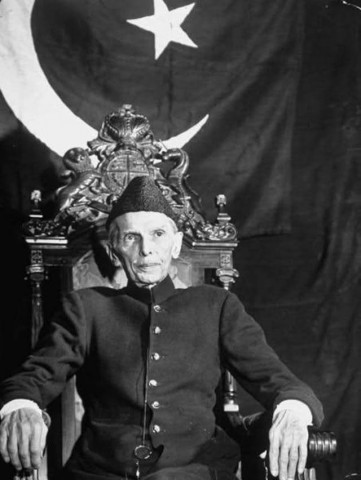Education spending and Mr Jinnah
It is the duty of every civilised government to educate masses

In April 1912, Mr Jinnah spelt out his view on spending. “I ask, is it such an insurmountable difficulty to get three crores of rupees from the Imperial Exchequer? PHOTO SOURCE: ChatDD Forums
“Then, with regard to the provisions, I must confess that there is a great deal that requires consideration. I personally am not in a position at the moment to express my views on the provisions of the Bill having regard to the fact that the Bill was placed in our hands only a few days ago. On the one hand, it is said the Bill is too slow; on the other, it is said that the Bill carries us too fast. But all these questions and all these provisions of the Bill will be discussed in the Select Committee and in the country, as Mr Gokhale has already pointed out, and I shall have opportunity of discussing them at various stages of the Bill later on. There is one thing which I want to make clear, and that is this. It felt from the Hon’ble Sir Sassoon David, that the time bas not come to introduce elementary education in India free and make it compulsory. It seems to me, Sir, that there is a great deal of misconception on that subject. Nobody, as far as I can understand, nobody, so far as I know, no advocate of compulsory education in India has said that it should be made compulsory and free all over the country at once. All that is desired is that the time has come when a beginning should be made gradually in that direction, and that seems to be the direct object of the Bill now before us. How that object is to be achieved is a matter of detail and provisions which I have no doubt will be carefully considered later on, as I have pointed out already. With these few words, I support the Bill of the Hon’ble Mr Gokhale.”
In April 1912, Mr Jinnah spelt out his view on spending. “I ask, is it such an insurmountable difficulty to get three crores of rupees from the Imperial Exchequer? Is it such a great, gigantic feat to be performed for a country like India, with its three hundred million of people? I say, Sir, that there is nothing in that argument. I ask the government, I say ‘find the money — if necessary, tax the people.’ But I shall be told that the people are already taxed; I shall be told that we shall be facing great unpopularity….My answer is that you must remove the reproach that is justly levelled against British rule, namely, the neglect of elementary education. My answer is that it is the duty of every civilised government to educate masses, and if you have to face unpopularity, if you have to face a certain amount of danger, face it in the name of duty…”
Published in The Express Tribune, August 14th, 2017.
Like Opinion & Editorial on Facebook, follow @ETOpEd on Twitter to receive all updates on all our daily pieces.















COMMENTS
Comments are moderated and generally will be posted if they are on-topic and not abusive.
For more information, please see our Comments FAQ